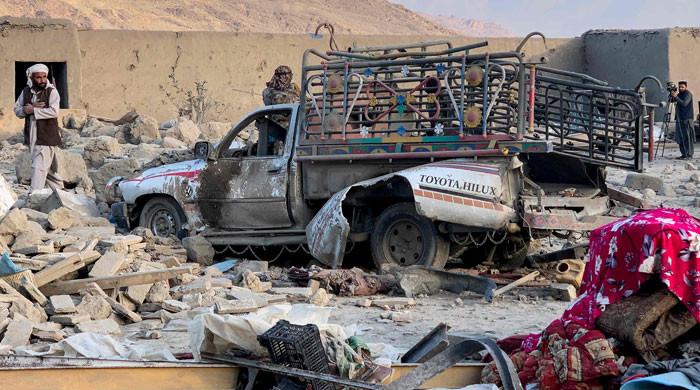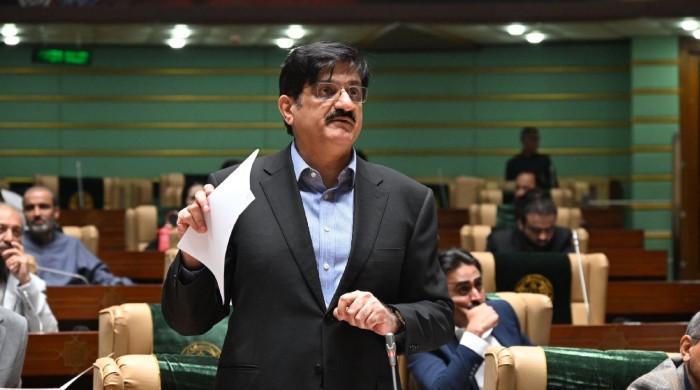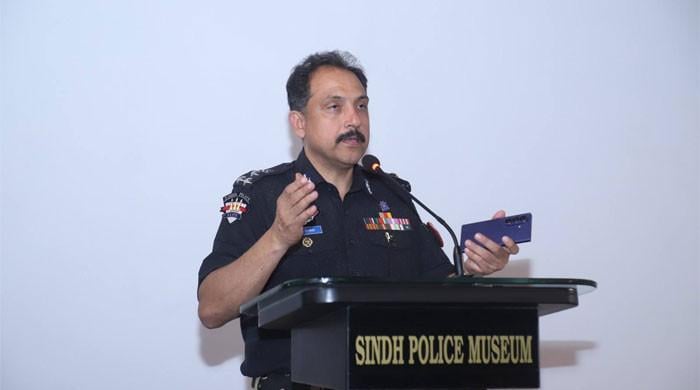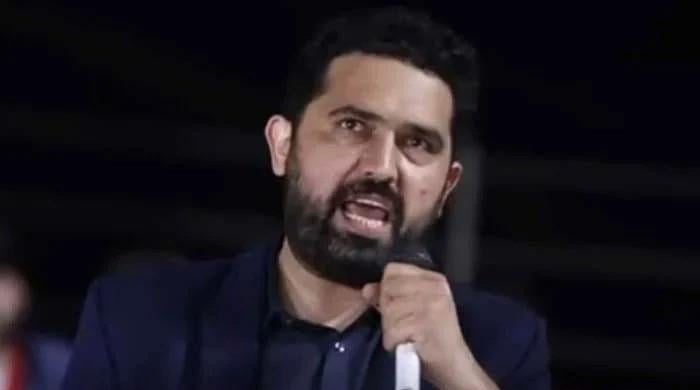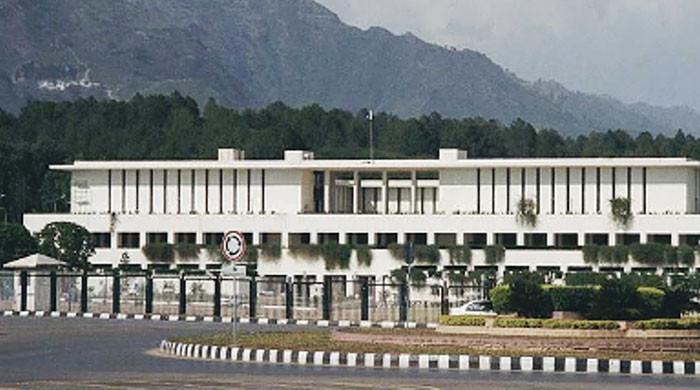Sindh college students clueless without govt guidelines on home-learning
College education department silent, relying on barely functional YouTube channel launched during first lockdown
December 03, 2020
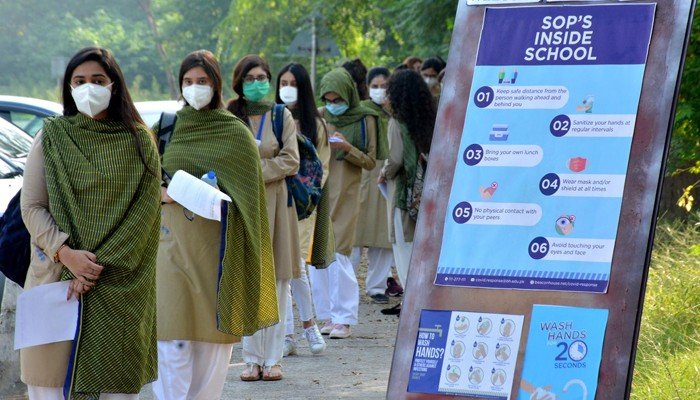
Education for over half a million college students in Sindh has come to a standstill as the provincial government doesn’t seem to have a clear plan for home-learning after educational instituions across Pakistan were told to shut down during the second wave of the COVID-19 pandemic.
Classes have yet to be shifted online and guidelines for distance learning have not been provided either.
Federal Education Minister Shafqat Mahmood had announced the closure of all educational institutes from November 26 to December 24 last month after the inter-provincial education ministers’ meeting on November 23. Winter holidays were announced from December 25, 2020, till January 10, 2021.
So Sindh, too, announced the closure of schools, colleges and varsities in compliance with the federal government. After this, the schools education and literacy department, the Sindh Education Foundation and the Higher Education Commission of Pakistan issued guidelines for tele-learning, home-based assignments and online classes so educational activities could continue during the lockdown.
But Sindh’s college education department seems to have forgotten about it.
Read more: Coronavirus in Pakistan: Schools will remain closed until January 10, 2021
It has neither introduced any guidelines nor informed the recently-enrolled students about how they should continue with their studies.
Uncertainty among new students
Sindh Professors and Lecturers Association Spokesperson Prof Aziz Memon says newly enrolled students in colleges were promoted without exams this year.
He said these students are still uncertain about when to start their studies.
Read more: Sindh Education Department says does not want winter break or early closure of schools
Teachers, too, seem anxious about the completion of the syllabus of the ongoing academic year.
Shortage of resources
Almost all state-run colleges, Memon says, do not have enough resources to go online.
Teachers are unable to record lectures and upload them online because of a shortage of funds, he said, adding that the college education department did try to develop a YouTube channel during the first lockdown in Sindh, but the initiative failed.
Read more: Coronavirus in Pakistan: Education minister backs closing of schools from Nov 25
The lectures uploaded on the YouTube channel were without sequence so it was hard for students to find the lectures. Teachers were also not trained in recording lectures.
Many students have no internet access. In some cases, parents do not allow their children to use the internet, smartphones and computers and so, the students are not tech-friendly, Prof Memon said.
What should the college education department do?
Online teaching is not the answer, believes Memon.
He said even if other hurdles were managed, the problem is that online teaching doesn’t meet the demands of different students as each student has a separate level of understanding.
Complete guidelines should have been issued for distance and home learning by the college education department, he said.
The News tried to get in touch with officials from the department, but the relevant officials such as the media coordinator were not ready to comment.
A senior officer working for the Regional Directorate of Colleges, Karachi, however, responded.
The officer said junior staffers had been assigned to run a YouTube channel for online learning.
He agreed such incomplete initiatives were not enough to address the problems of half a million students and reduce their educational losses in the current pandemic.




